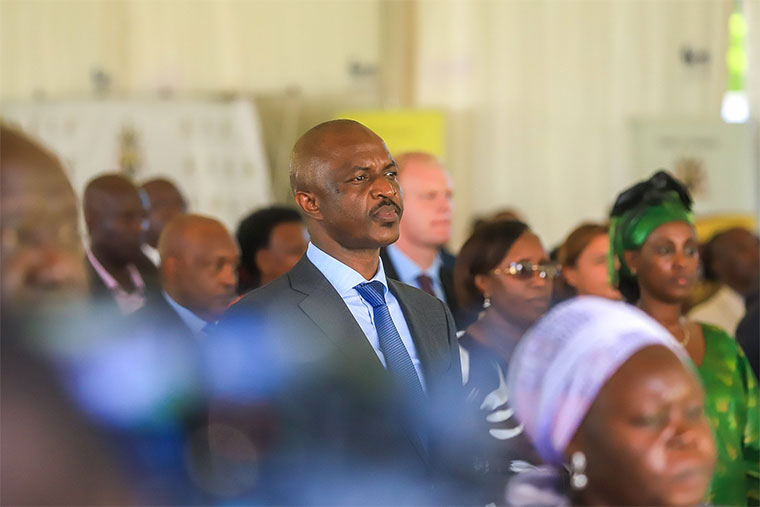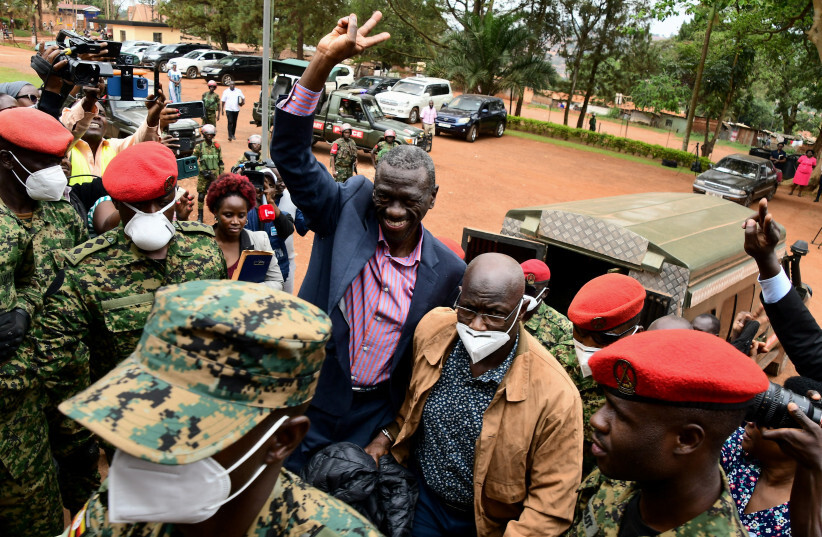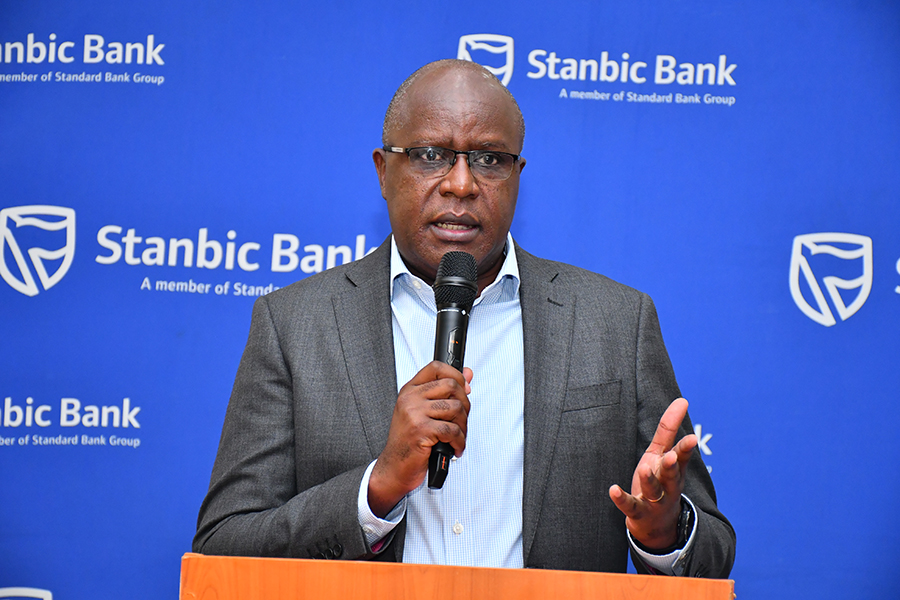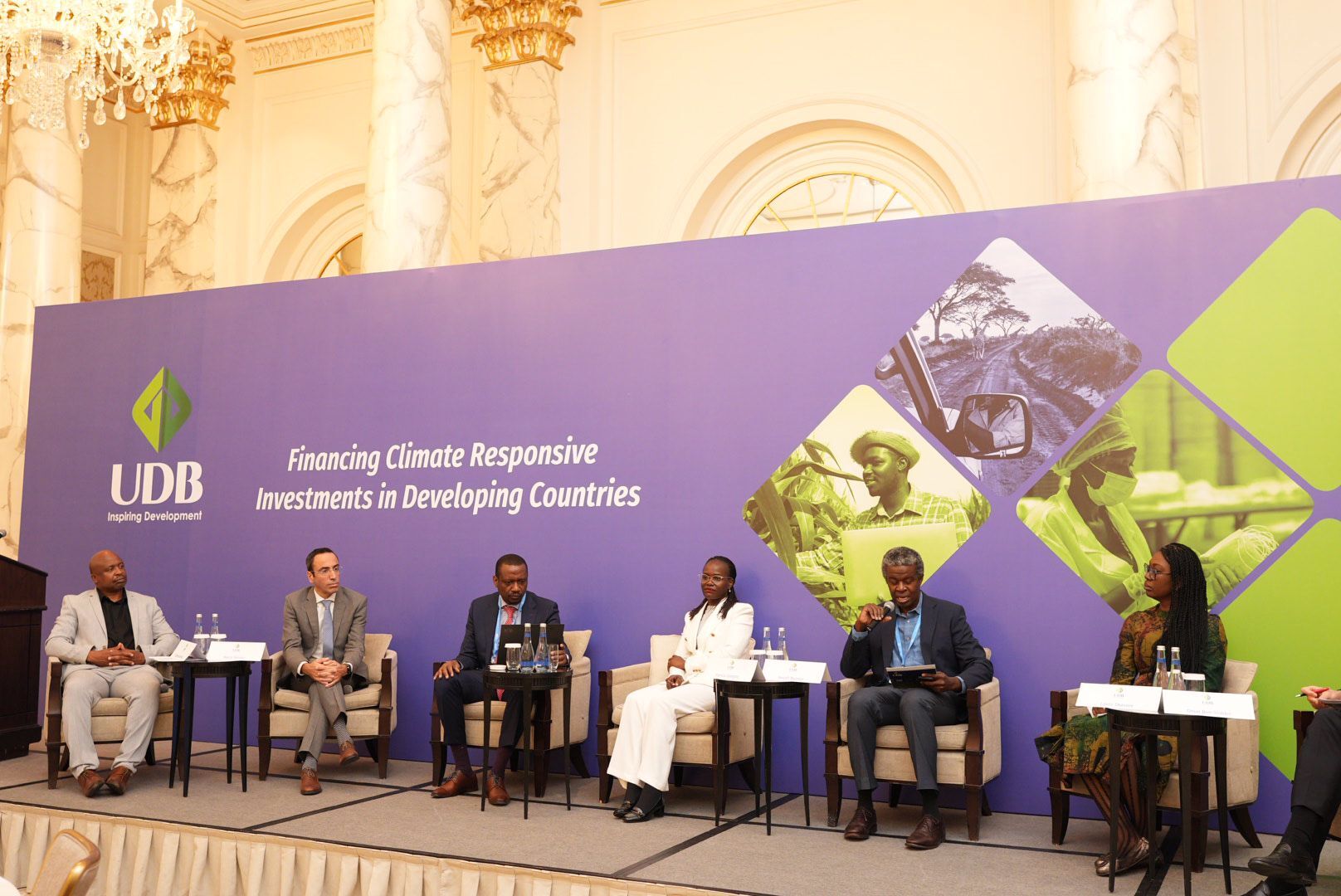Youth climate actvists from Uganda and Tanzania have urged members of the Insurance Consortium for Oil and Gas Uganda (ICOGU), not to provide insurance services related to EACOP projects again.
They made the call last week as they celebrated the Global Week of Action.
The consortium comprises 19 insurance companies that work together to provide insurance for Uganda’s oil
and gas projects. The projects include the Tilenga, Kingfisher and East African Crude Oil Pipeline (EACOP).
Statistics show in 2023, ICOGU members provided insurance worth $ 13 million (Shs 50.4 billion) for the Tilenga, Kingfisher and EACOP oil projects.
The youth said that this is unacceptable considering the climate risks posed by the projects as well as the social and environmental impacts that have already been experienced by the project-affected people.
“It is important for ICOGU and its members to prioritize sustainability, social responsibility, and ethical
investment practices. By insuring oil and gas projects, ICOGU members not only demonstrate lack of
sustainability and social responsibility, they also risk their long-term goals of staying in business,” said Hilda
Nakabuye, co-founder of Fridays for Future Uganda and a climate activist.
Brighton Aryampa, a youth mobiliser and environmental activist said the insurance industry is not
immune to the impacts of climate change.
He said the escalating frequency and severity of natural disasters have necessitated significant payouts, placing strain on insurers worldwide.
“Available information indicates that insurers now have to pay out $100 billion annually due to natural disasters. It does not make business sense for Ugandan insurers to invest in a sector that threatens their long-term survival for short-term gains,” he said.
The burning or use of fossil fuels including coal, oil and gas have been implicated as the biggest driver of
climate change with available information showing that the fuels account for 75 percent of global greenhouse
gas emissions and nearly 90 per cent of all carbon dioxide emissions, which are driving the climate crisis.
Baraka Machumu, a Tanzanian youth climate activist said youth in East Africa are largely employed in the
agriculture, fisheries, tourism and business sectors which are some of the most vulnerable to climate
change.
He said by investing in fossil fuels, ICOGU and other insurers are endangering the livelihoods of East African
youth.





